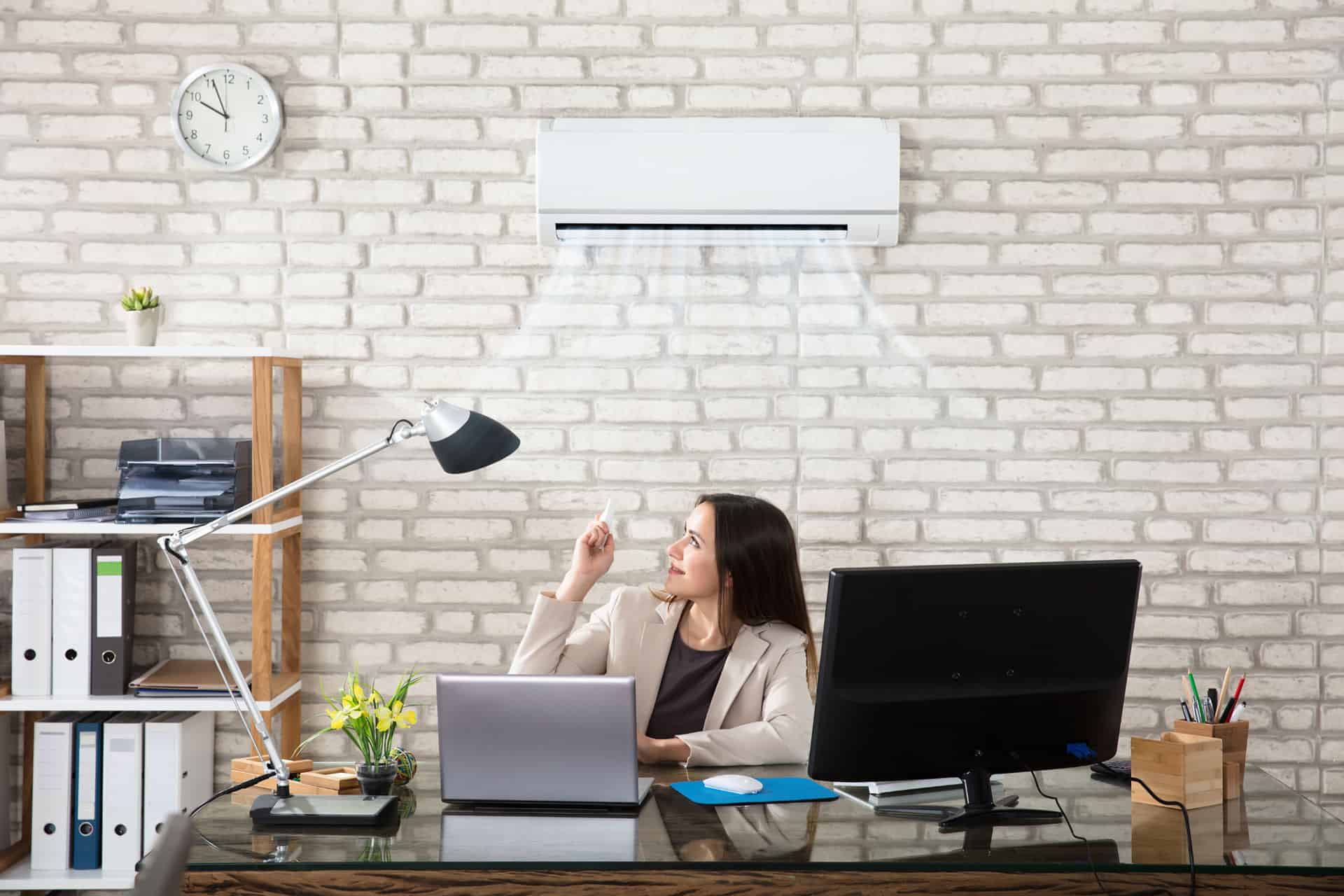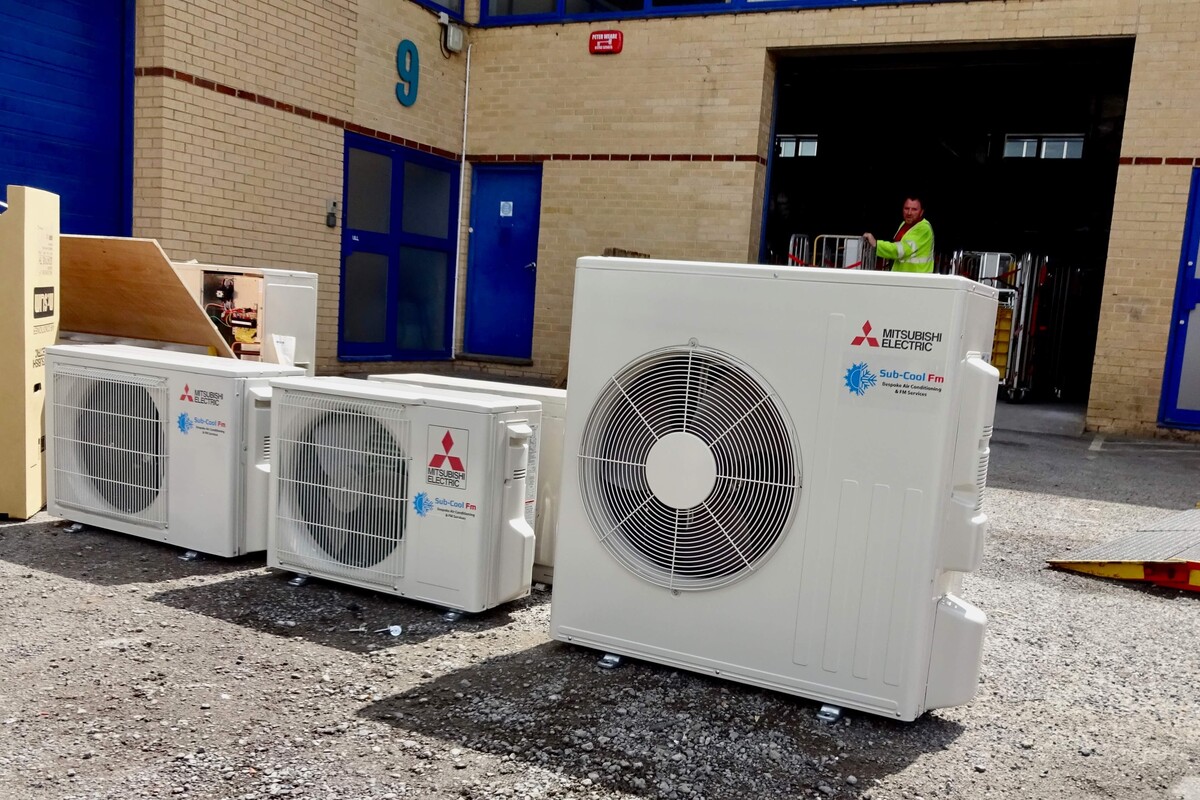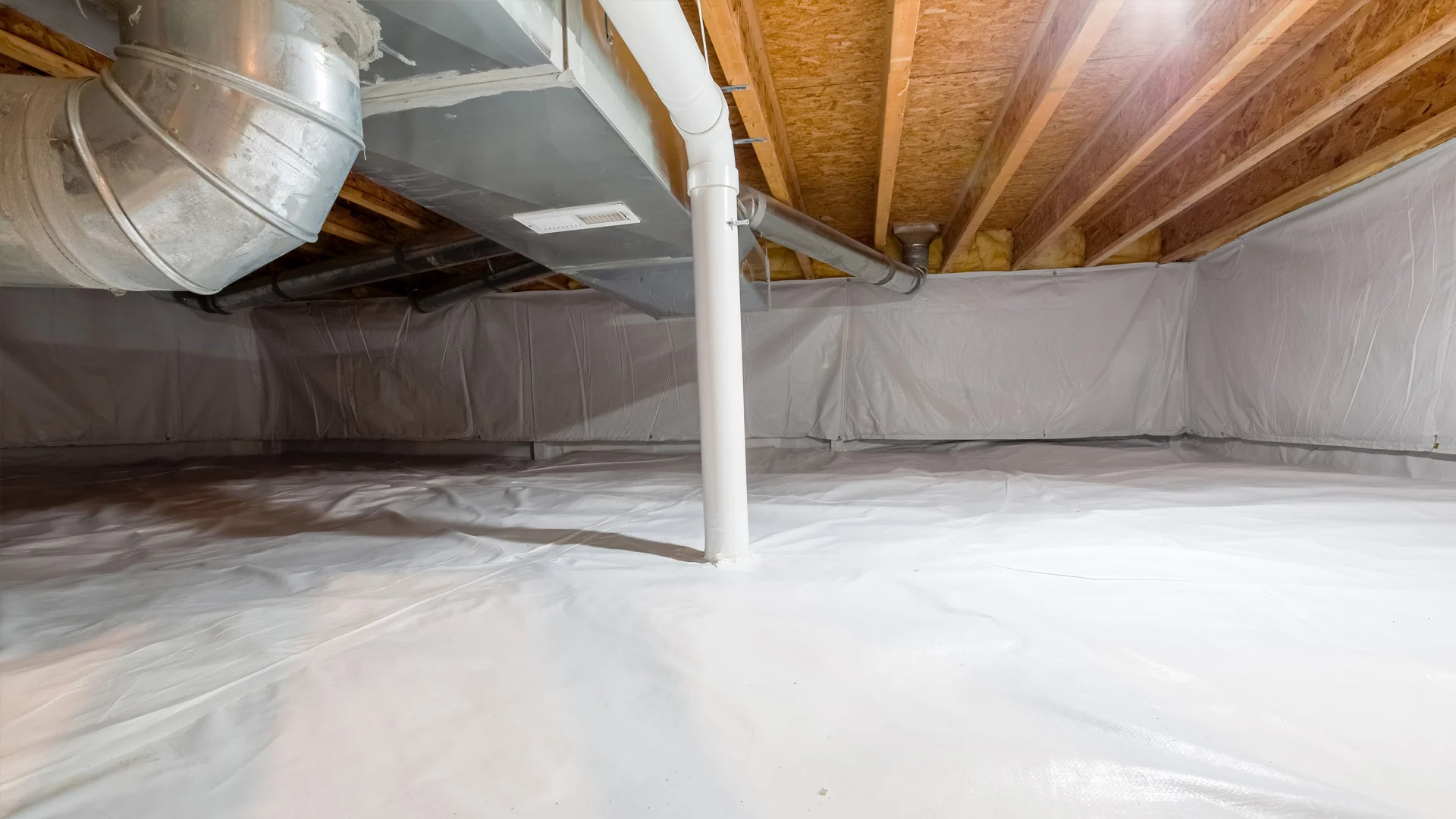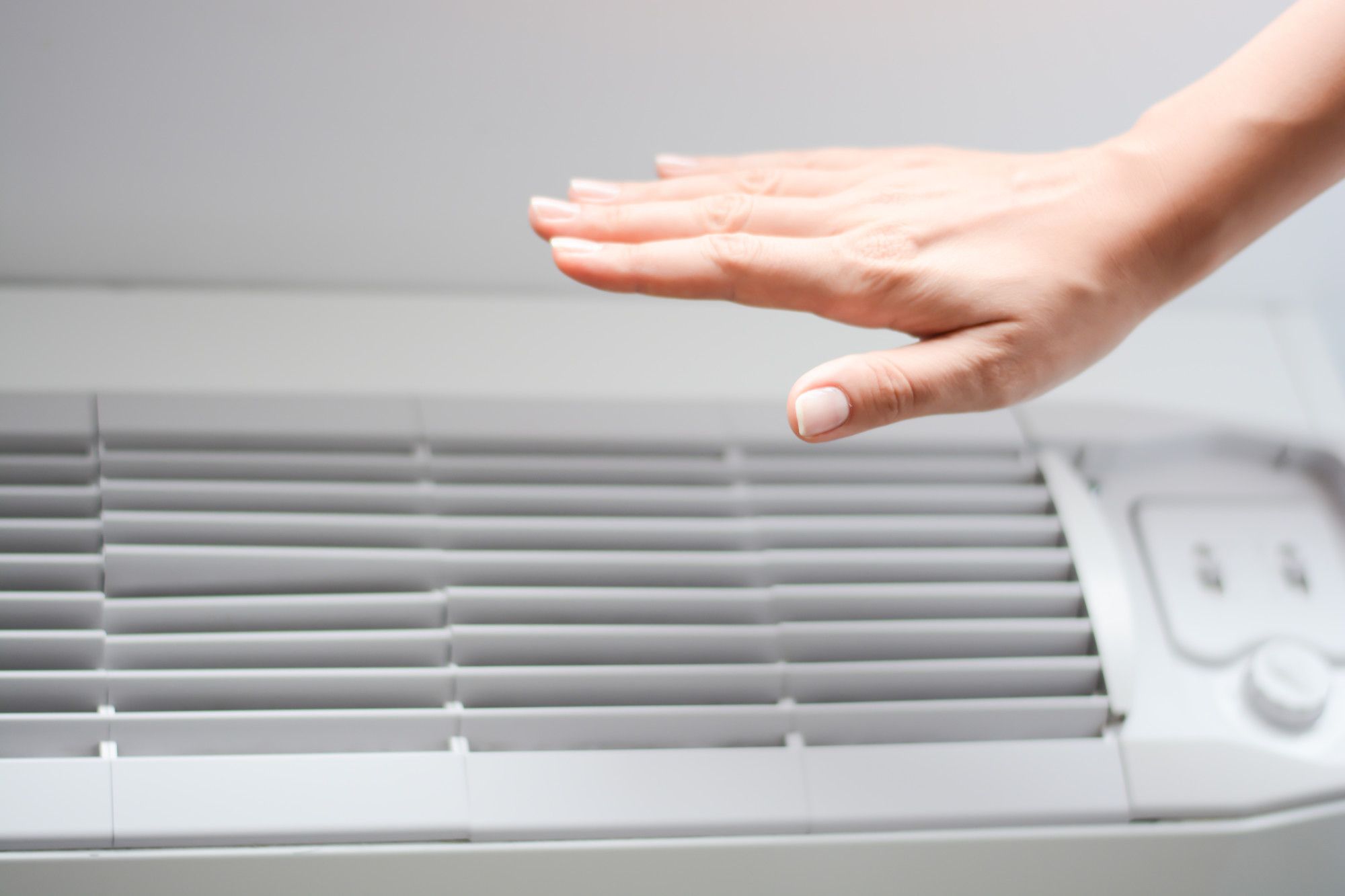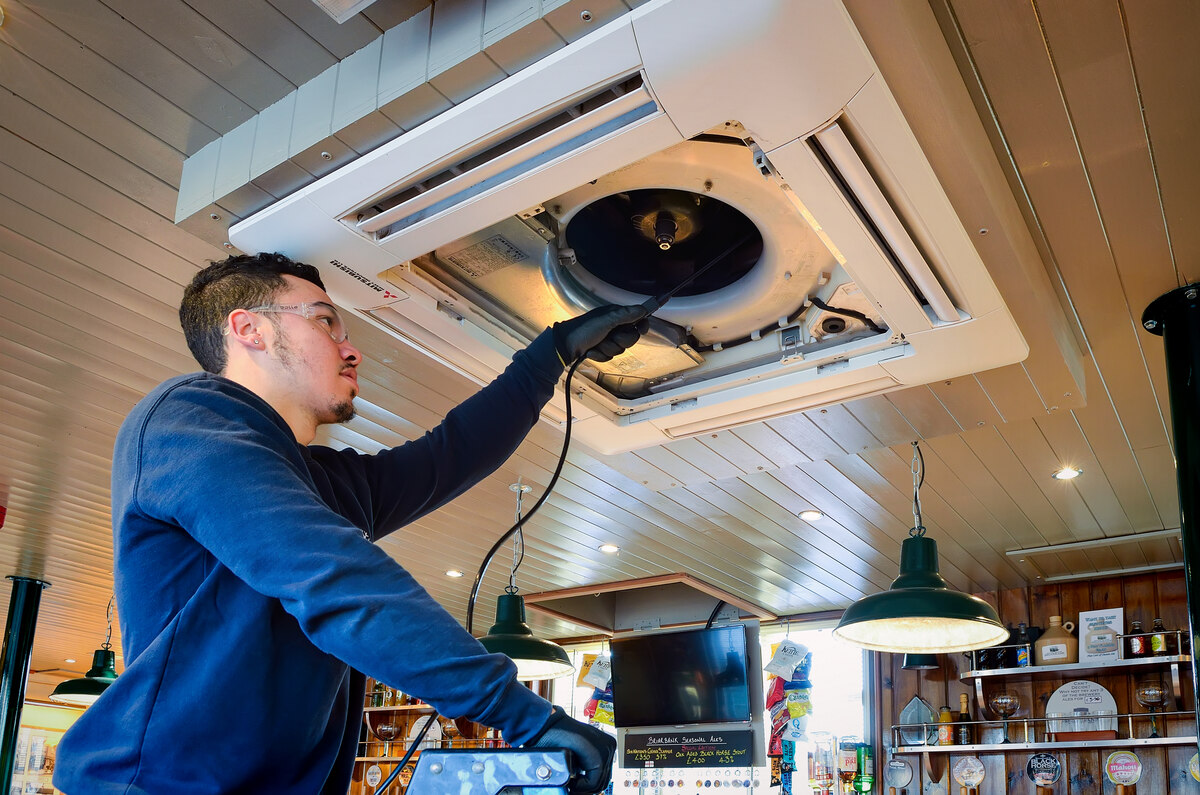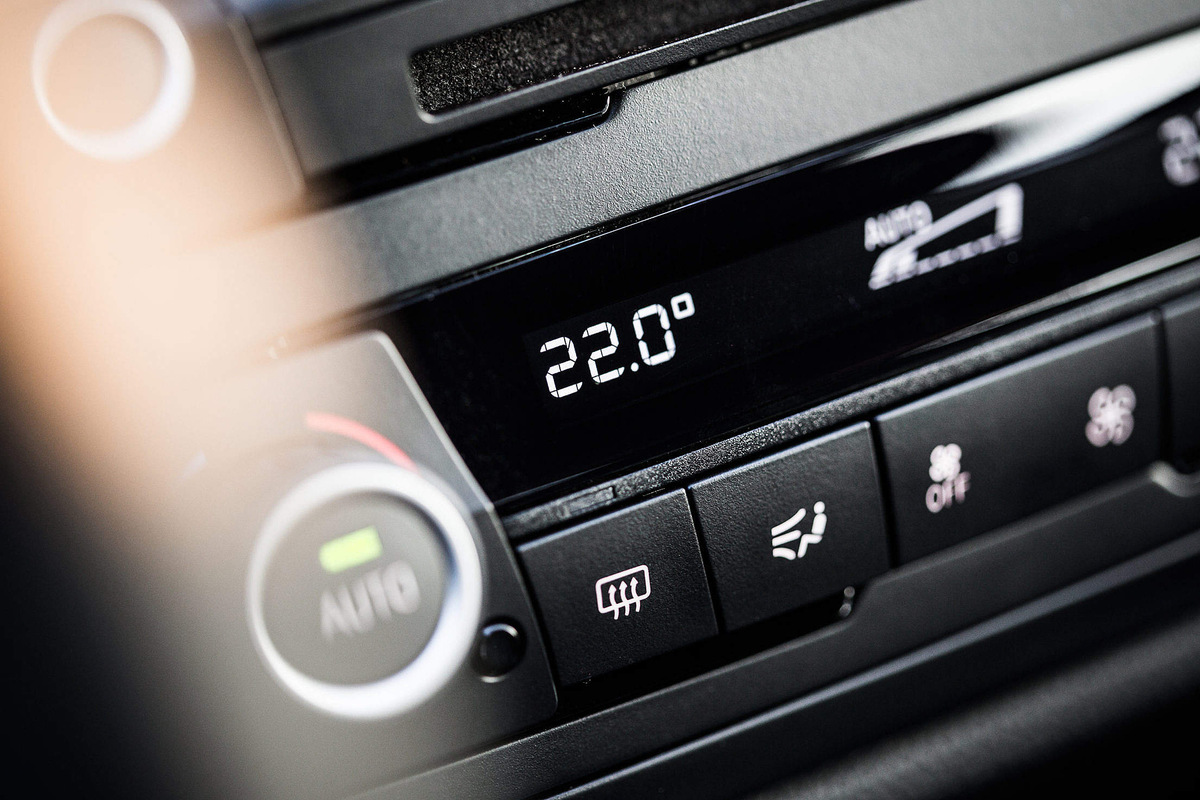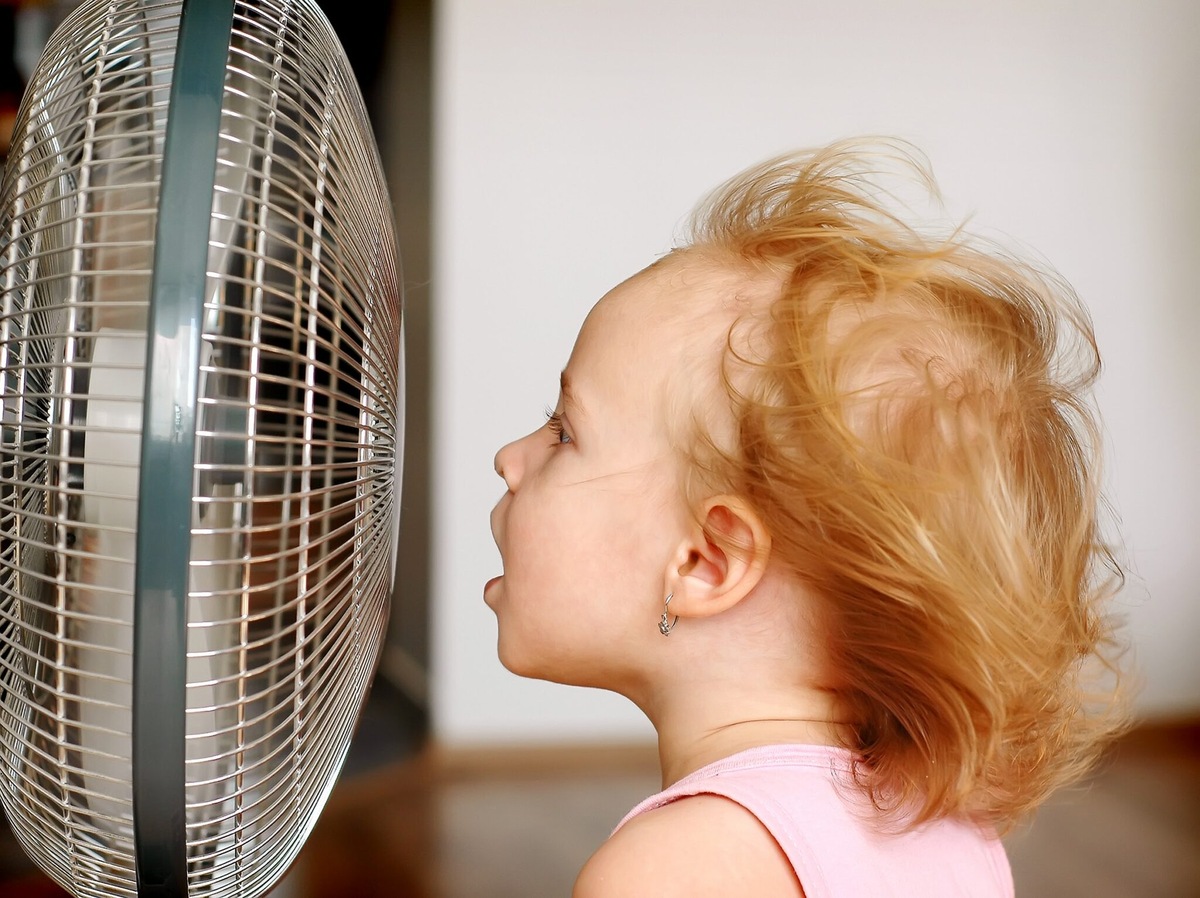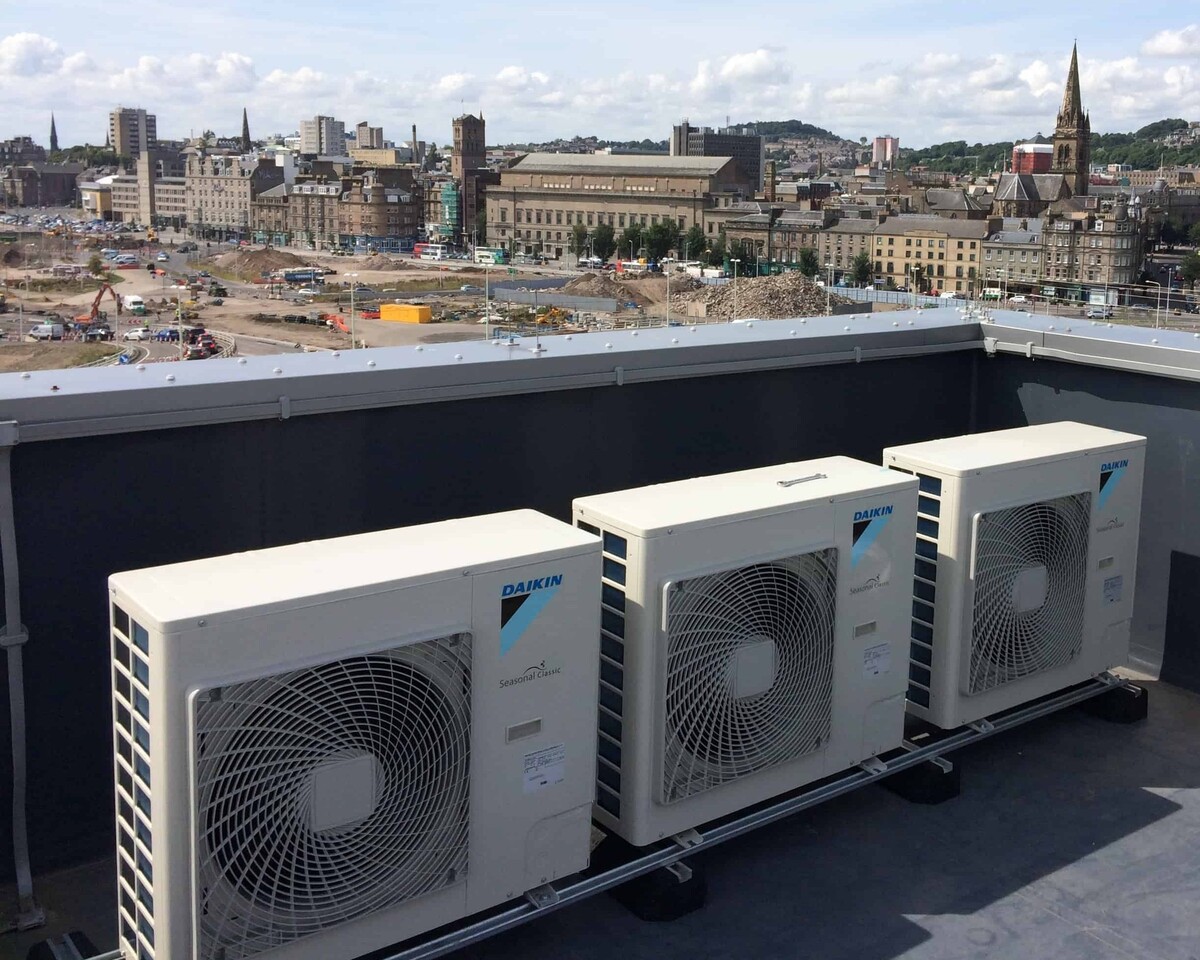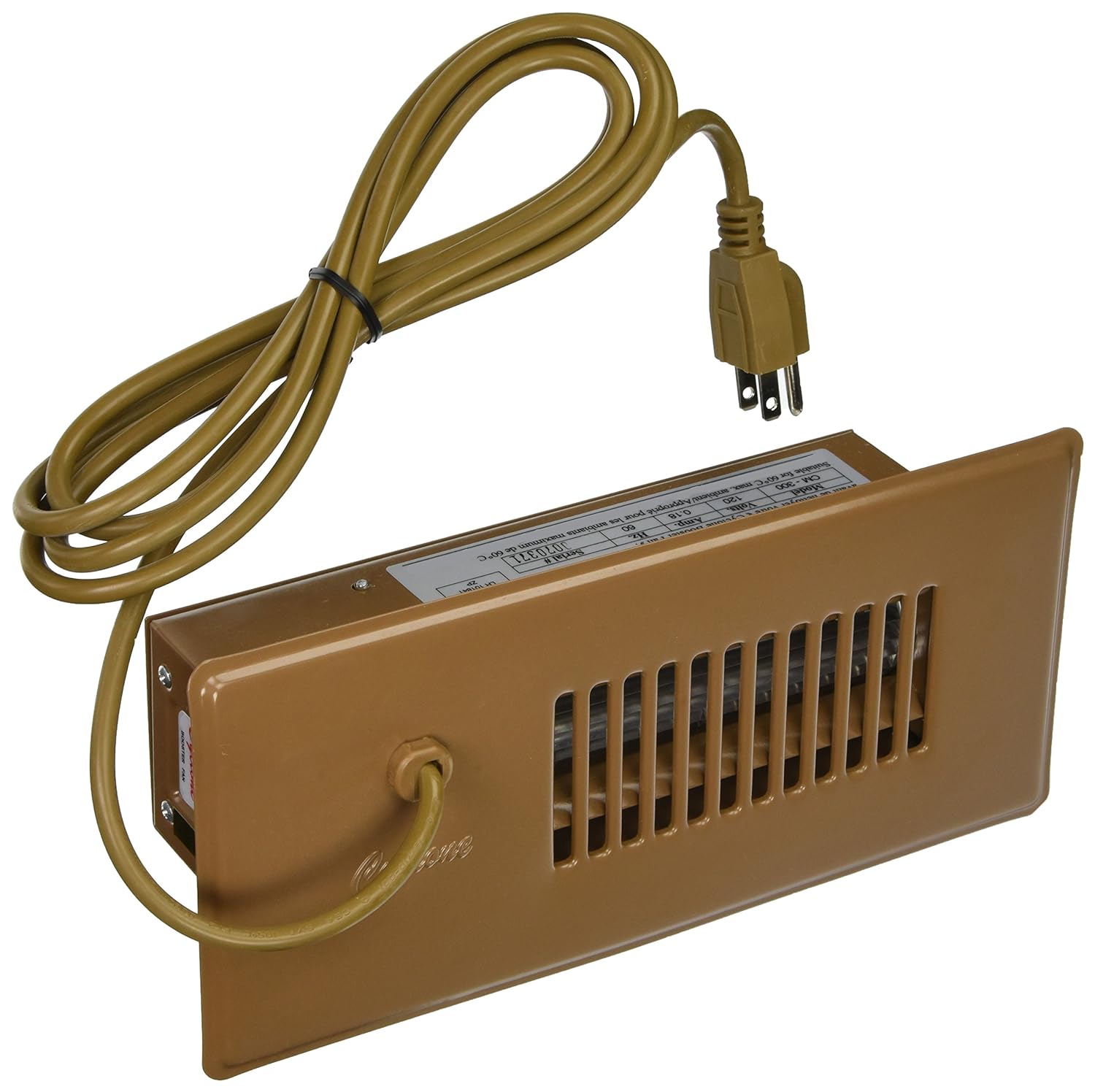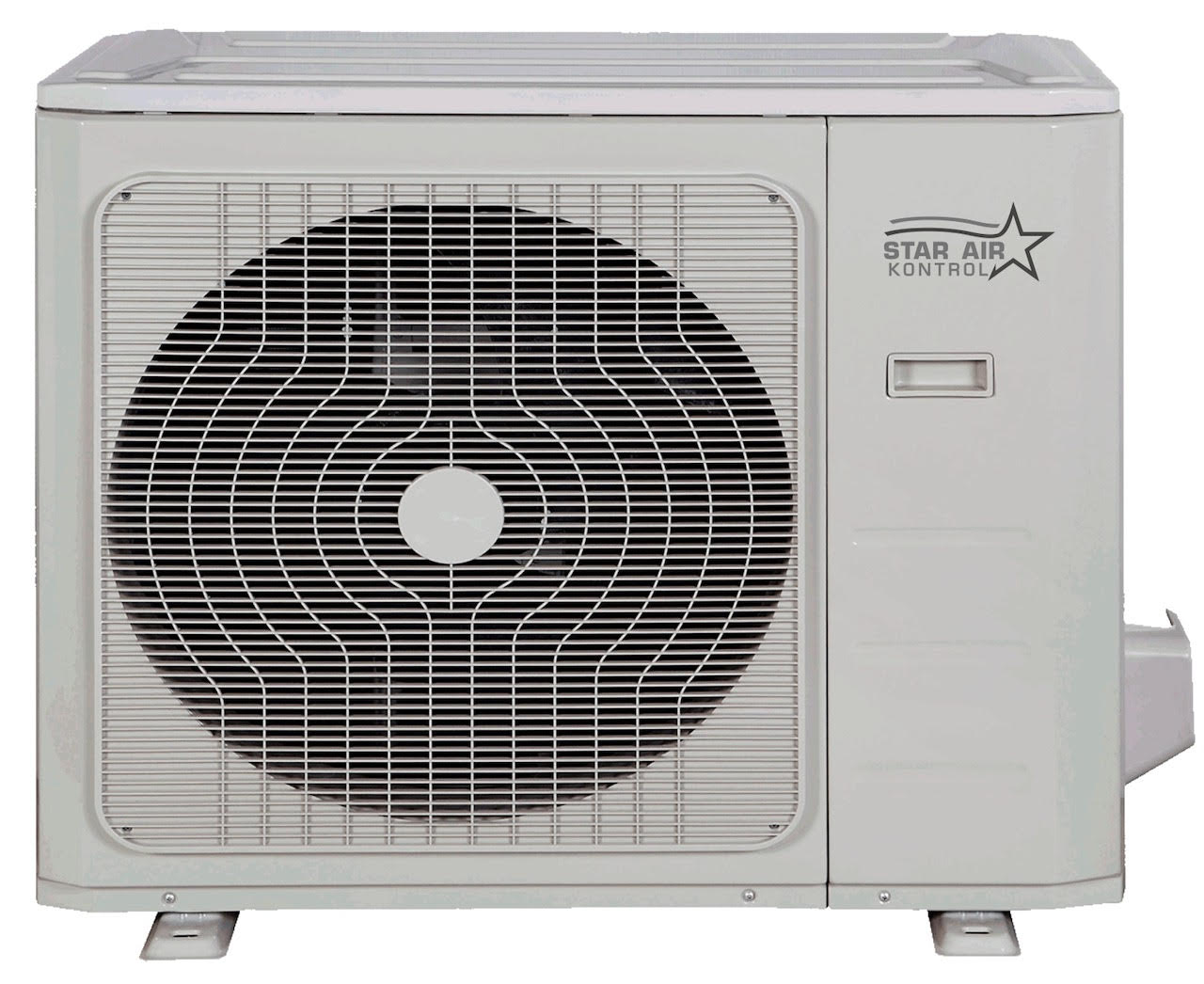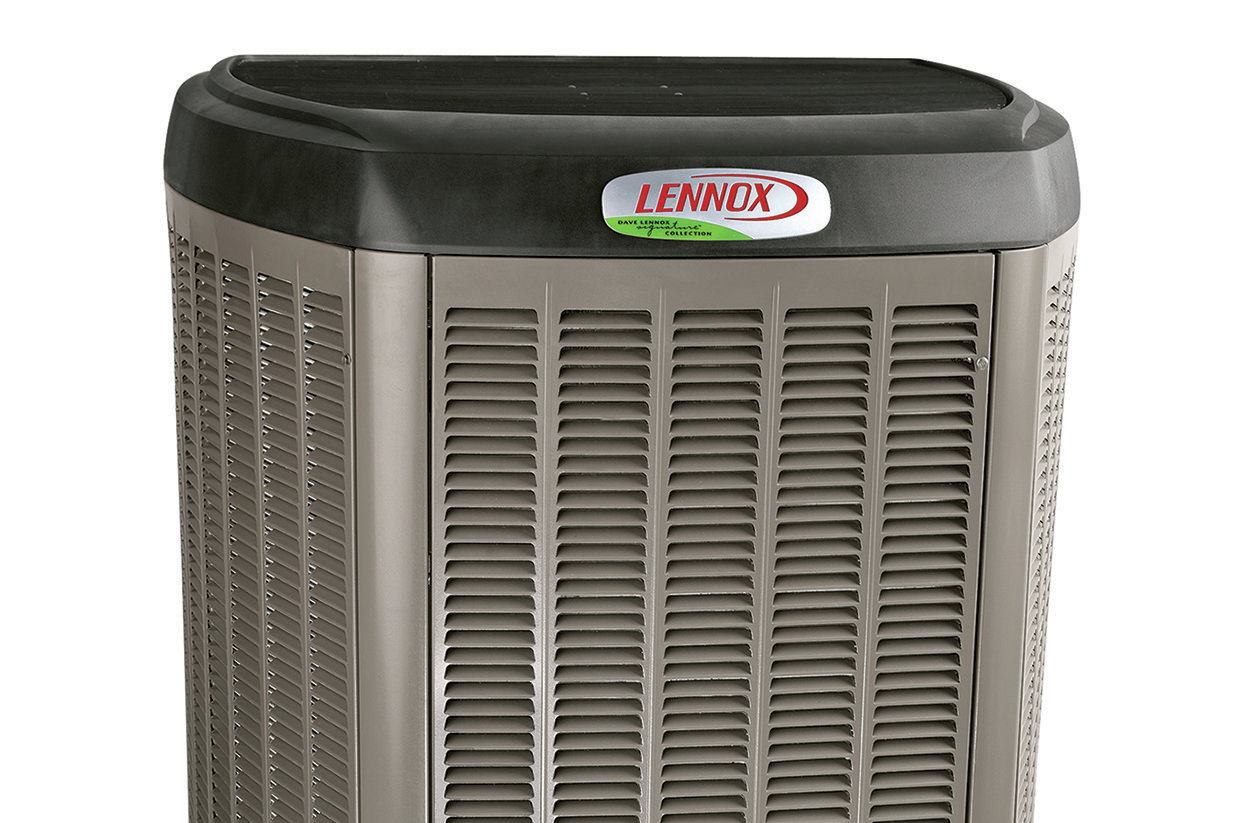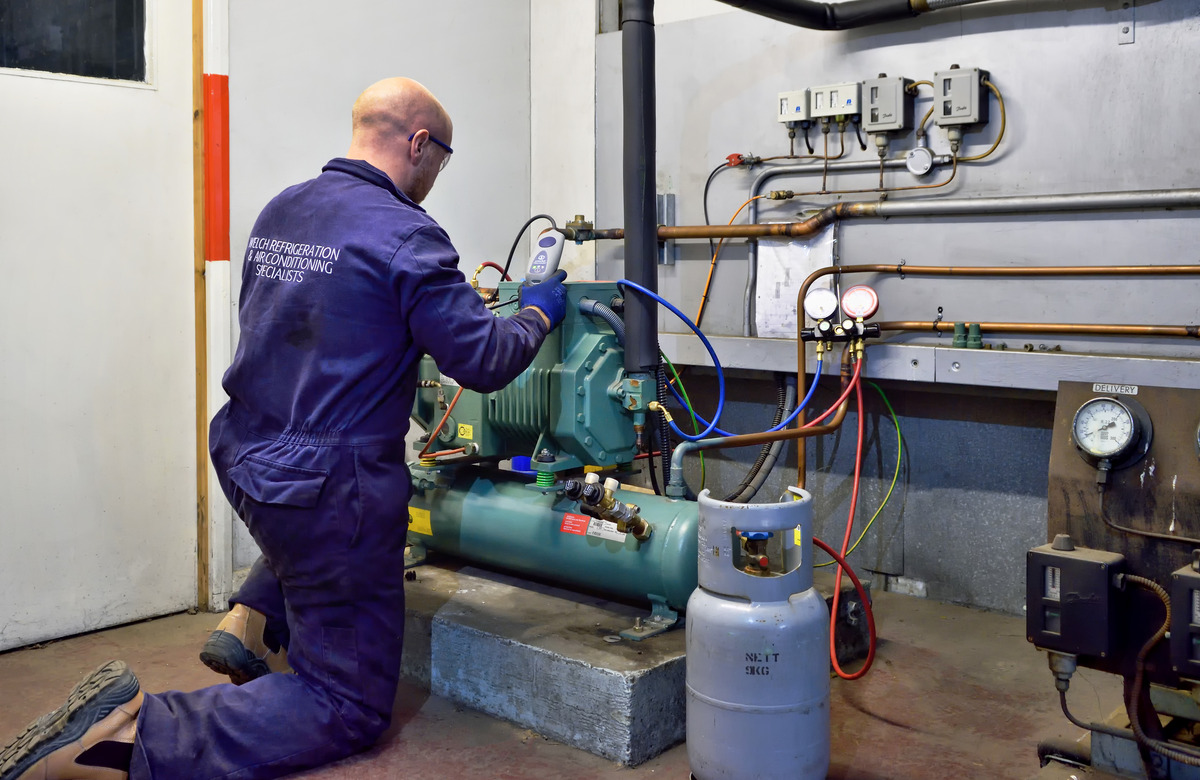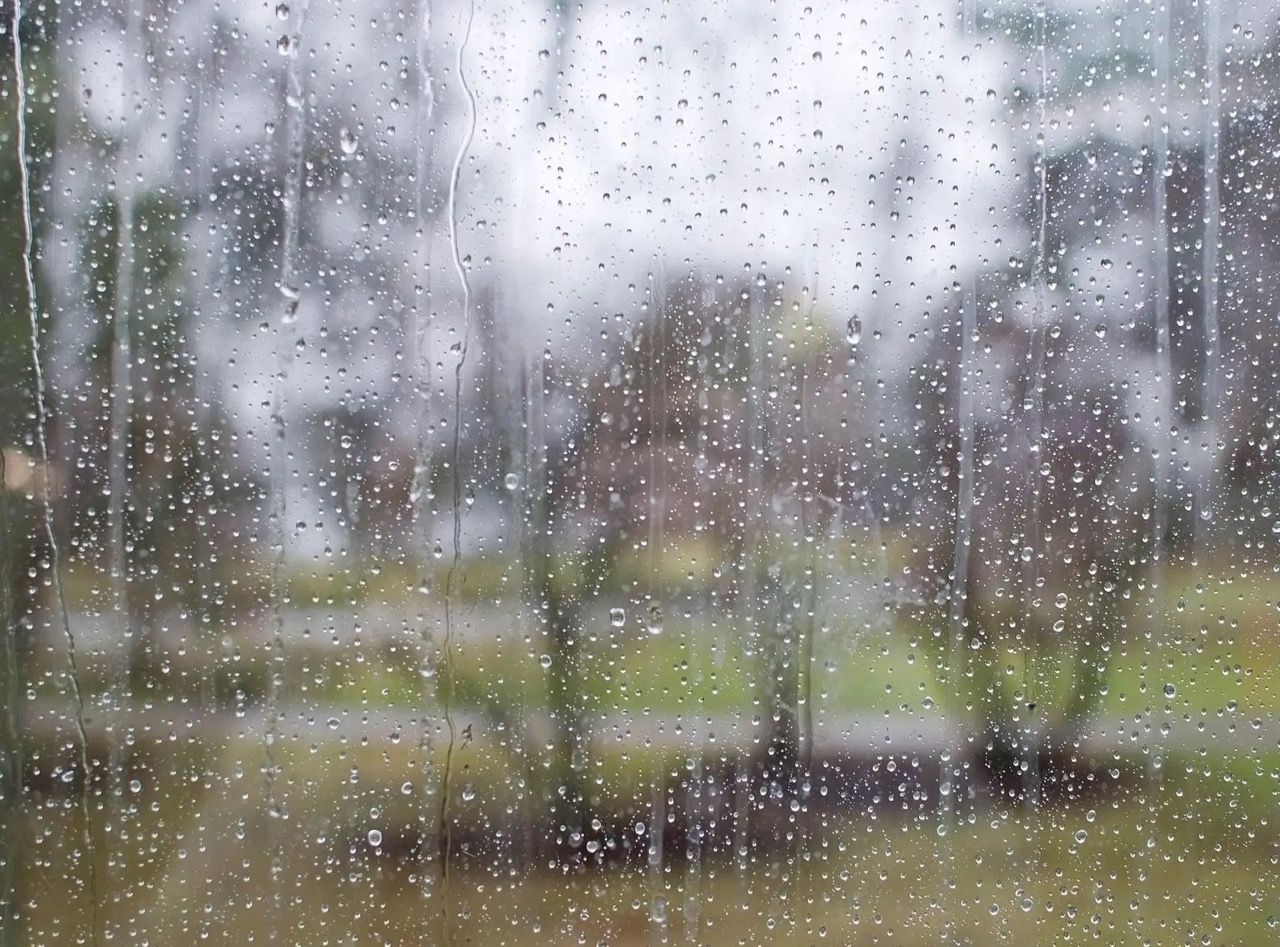Home>Home Maintenance>What Should Humidity Be In A House With Air Conditioning?
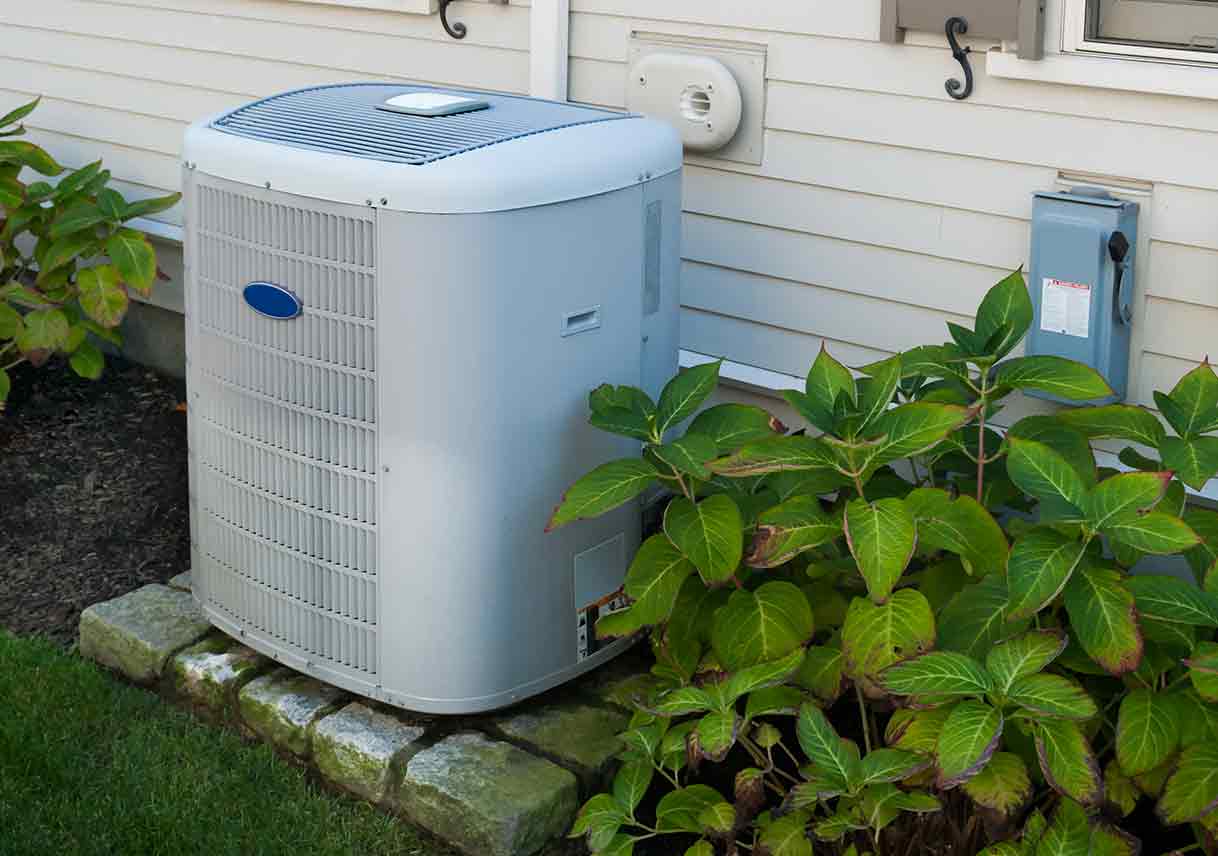

Home Maintenance
What Should Humidity Be In A House With Air Conditioning?
Modified: August 16, 2024
Maintaining the ideal humidity levels in your home is crucial for comfort and health. Learn what the humidity should be in a house with air conditioning and how to achieve it with proper home maintenance.
(Many of the links in this article redirect to a specific reviewed product. Your purchase of these products through affiliate links helps to generate commission for Storables.com, at no extra cost. Learn more)
Introduction
Welcome to the world of home maintenance, where keeping your house in top-notch condition is both a necessity and a rewarding endeavor. One key aspect of home maintenance is ensuring the optimal humidity level in a house with air conditioning. While most homeowners focus on temperature control, humidity control is equally important for creating a comfortable living environment and preserving the integrity of your home.
In this article, we will explore the significance of humidity control in a house with air conditioning, the recommended humidity levels, the effects of high and low humidity, and the strategies for maintaining the ideal humidity level.
Whether you are a seasoned homeowner or a first-time buyer, this article will equip you with the knowledge and tools to create a healthier, more comfortable, and sustainable living space.
Key Takeaways:
- Maintain indoor humidity levels between 40% and 60% in a house with air conditioning to ensure comfort, prevent mold growth, and protect your home’s structure and your family’s health.
- Use dehumidifiers, proper ventilation, and regular HVAC maintenance to control humidity levels and create a comfortable, healthy living environment in your house with air conditioning.
Importance of Humidity Control in a House with Air Conditioning
Humidity control is crucial in a house with air conditioning for several reasons. Maintaining proper humidity levels not only enhances indoor comfort but also protects the health of occupants and the structure of the home.
First and foremost, air conditioning alone is not enough to ensure optimal comfort. While it effectively regulates temperature, air conditioning often falls short in addressing humidity concerns. High humidity levels can make your home feel stuffy, sticky, and uncomfortable, even with the air conditioning running.
Excessive humidity can also create a breeding ground for mold, mildew, and dust mites, which can trigger allergies and respiratory issues. In addition to compromising indoor air quality, these allergens can also damage furniture, flooring, and other surfaces in your home.
On the other hand, low humidity levels can also cause discomfort and health problems. Dry air can lead to dry skin, irritated eyes, and respiratory issues like nasal congestion and a sore throat. This can be especially problematic during the winter months when heating systems tend to deplete the moisture in the air.
Furthermore, humidity control is essential for protecting the structural integrity of your home. High humidity can cause condensation on windows, walls, and ceilings, leading to moisture damage, peeling paint, and even structural decay. It can also warp wooden furniture, flooring, and door frames, compromising their lifespan.
By effectively controlling humidity levels in your house with air conditioning, you can create a comfortable and healthy living environment while safeguarding your investment in your home.
Recommended Humidity Levels for a House with Air Conditioning
When it comes to humidity control in a house with air conditioning, maintaining the right balance is key. The ideal humidity level for most homes is between 40% and 60%. However, the optimal range may vary depending on personal preferences, climate, and specific health conditions.
During the summer months, when outdoor humidity levels are typically higher, it is recommended to set the indoor humidity level between 40% and 50%. This helps to prevent excessive moisture buildup, reduce the risk of mold growth, and maintain a comfortable indoor environment.
In areas with dry climates or during the winter season, when indoor air tends to become drier due to heating systems, it is advisable to aim for a slightly higher humidity level between 40% and 60%. This will help prevent dry air symptoms such as dry skin, respiratory issues, and static electricity.
Proper humidity levels not only enhance comfort but also contribute to energy efficiency. When the humidity is within the recommended range, you can set your air conditioner to a higher temperature without compromising comfort. This can lead to significant energy savings and lower utility bills.
To ensure that you maintain the desired humidity level in your house, consider investing in a humidistat or a hygrometer. These devices measure humidity levels and provide valuable information to help you make necessary adjustments to your air conditioning system.
It is important to note that each individual’s comfort level may vary, and finding the right balance may require some experimentation. If you or your family members have specific health concerns or respiratory conditions, it is recommended to consult with a healthcare professional or a HVAC specialist for personalized recommendations.
By maintaining the recommended humidity levels in your house with air conditioning, you can create a comfortable and healthy living environment for you and your loved ones.
Effects of High Humidity in a House with Air Conditioning
High humidity in a house with air conditioning can have a range of negative effects on both the occupants and the structure of the home. It is important to be aware of these effects so that you can take appropriate measures to control humidity levels.
One of the primary issues with high humidity is the discomfort it causes. When the air is excessively humid, it feels sticky and can make you feel overheated even when the air conditioning is running. This discomfort can lead to difficulty sleeping, decreased productivity, and a general sense of unease in your own home.
High humidity also creates an ideal environment for mold and mildew growth. These microorganisms thrive in moist conditions and can quickly spread throughout your home if left unchecked. Mold and mildew not only release unpleasant odors but can also cause allergic reactions, respiratory problems, and damage to walls, ceilings, and other surfaces.
In addition to mold growth, high humidity can cause condensation on windows, walls, and other cold surfaces in your home. This condensation can lead to water damage, rot, and the formation of unsightly water stains. Over time, this can weaken the structural integrity of your home and necessitate costly repairs.
Furthermore, high humidity can impact the efficiency and effectiveness of your air conditioning system. Air conditioners work by removing heat and moisture from the air. When humidity levels are too high, the air conditioner has to work harder and for longer periods to cool and dehumidify the air. This can result in increased energy consumption and higher utility bills.
Finally, high humidity can also have negative effects on your personal belongings. Excessive moisture in the air can damage wooden furniture, musical instruments, artwork, and important documents. It can cause warping, swelling, and discoloration, diminishing their value and beauty.
To combat the effects of high humidity in your house with air conditioning, it is essential to control the moisture levels. This can be achieved through proper ventilation, the use of dehumidifiers, and routine maintenance of your air conditioning system. By doing so, you can ensure a more comfortable, healthier, and well-maintained living space.
Keep indoor humidity levels between 30-50% with air conditioning. Use a dehumidifier if needed. High humidity can lead to mold and mildew growth.
Effects of Low Humidity in a House with Air Conditioning
Low humidity in a house with air conditioning can lead to a range of adverse effects on both the physical well-being of occupants and the overall condition of the home. It is important to be aware of these effects and take necessary steps to maintain optimal humidity levels.
One of the most noticeable effects of low humidity is dryness, particularly of the skin, lips, and nasal passages. Dry air can cause itching, flaking, and irritation, leading to discomfort and potential skin issues. It can also exacerbate respiratory problems and allergies, making it more difficult to breathe for those with asthma or other respiratory conditions.
Low humidity can also have an impact on the structural integrity of your home. Dry air can cause wooden floors, furniture, and other materials to shrink and crack. This can lead to expensive repairs or replacement, as well as a less visually appealing living space.
Furthermore, low humidity can contribute to the spread of airborne viruses and bacteria. Moisture in the air helps to weigh down respiratory droplets, making it harder for them to stay airborne and reducing the risk of transmission. This is why illnesses tend to spread more easily in environments with dry air.
Another effect of low humidity is an increase in static electricity. Dry air provides the perfect conditions for static charges to build up, leading to unpleasant shocks when touching metal objects or other people. In addition to being a nuisance, static electricity can also damage sensitive electronic devices.
When it comes to air conditioning systems, low humidity can have both positive and negative effects. On one hand, dry air requires less moisture removal, allowing the air conditioner to run more efficiently and potentially reducing energy consumption. On the other hand, excessive dryness can cause components of the air conditioner to dry out and degrade more quickly, leading to potential malfunctions or reduced lifespan.
To address the effects of low humidity in your house with air conditioning, it is recommended to use humidifiers to add moisture to the air. Portable humidifiers can be used in specific rooms, while whole-house humidifiers can be integrated with your HVAC system for more comprehensive humidity control.
By maintaining optimal humidity levels, you can improve comfort, reduce the risk of health issues, protect your home, and ensure the efficient operation of your air conditioning system.
How to Maintain the Ideal Humidity Level in a House with Air Conditioning
Maintaining the ideal humidity level in a house with air conditioning is essential for your comfort and the health of your home. Here are some effective strategies to help you achieve and maintain optimal humidity levels:
1. Use a Dehumidifier: Dehumidifiers are a great tool for reducing excessive humidity in your home. They work by extracting moisture from the air, allowing you to control humidity levels in specific areas or throughout the entire house. Consider placing dehumidifiers in areas prone to high humidity, such as basements, bathrooms, or laundry rooms.
2. Ventilate Properly: Proper ventilation can help regulate humidity levels in your home. Make sure that your bathroom and kitchen have functioning exhaust fans. Opening windows and using fans can also improve air circulation and help reduce moisture buildup.
3. Seal Air Leaks: Air leaks can contribute to increased humidity levels in your home. Check for and seal any gaps or cracks around windows, doors, and other areas where outside air can enter. Proper insulation and weatherstripping can help prevent excess outdoor humidity from seeping in.
4. Insulate Pipes and Appliances: Condensation on pipes and appliances can contribute to high humidity levels. Insulating pipes with foam sleeves or tape can prevent moisture buildup. Additionally, insulating appliances like air conditioning units and refrigerators can help reduce moisture output into the surrounding air.
5. Monitor Indoor Plants: Indoor plants release moisture through a process called transpiration. While plants can improve indoor air quality, they can also contribute to higher humidity levels. Monitor the number and size of plants in your home and adjust accordingly if you experience excessive humidity.
6. Service Your Air Conditioning System: Regular maintenance of your air conditioning system is vital for effective humidity control. Clean or replace air filters regularly to ensure proper airflow. Additionally, schedule professional maintenance to check for any issues that may affect the dehumidification capabilities of your system.
7. Use a Programmable Thermostat: Programmable thermostats allow you to set different temperature and humidity levels throughout the day. This enables you to have greater control over your indoor environment while optimizing energy efficiency.
8. Monitor Humidity Levels: Invest in a hygrometer or use a smart home system that includes humidity monitoring features. These devices will help you keep track of the humidity levels in your home and make necessary adjustments to maintain the desired range.
Remember, achieving and maintaining the ideal humidity level may require some experimentation and adjustment based on your specific climate, personal preferences, and health needs. If you are unsure about the best approach for your home, it is always advisable to consult with a professional HVAC technician who can provide expert guidance.
By implementing these strategies, you can effectively control humidity levels in your house with air conditioning, creating a comfortable and healthy living environment for you and your family.
Conclusion
Proper humidity control is a vital aspect of home maintenance, especially in a house with air conditioning. Maintaining the ideal humidity level not only contributes to comfort but also protects the health of occupants and the structural integrity of the home.
By following the recommended humidity levels and understanding the effects of high and low humidity, you can create a more comfortable and healthier living environment. High humidity can lead to discomfort, mold growth, and structural damage, while low humidity can cause dryness, respiratory issues, and potential damage to your home and personal belongings.
To maintain the desired humidity levels, utilize tools such as dehumidifiers, proper ventilation, and sealing air leaks. Additionally, monitoring indoor plants, servicing your air conditioning system, and using programmable thermostats can help optimize humidity control.
Remember to strike a balance that suits your specific needs and preferences, taking into account climatic conditions and individual health considerations. It’s always recommended to consult with professionals for personalized advice and guidance.
By implementing these strategies and maintaining the ideal humidity level in your house, you can create a comfortable, healthy, and well-maintained living space for you and your loved ones to enjoy for years to come.
Frequently Asked Questions about What Should Humidity Be In A House With Air Conditioning?
Was this page helpful?
At Storables.com, we guarantee accurate and reliable information. Our content, validated by Expert Board Contributors, is crafted following stringent Editorial Policies. We're committed to providing you with well-researched, expert-backed insights for all your informational needs.
